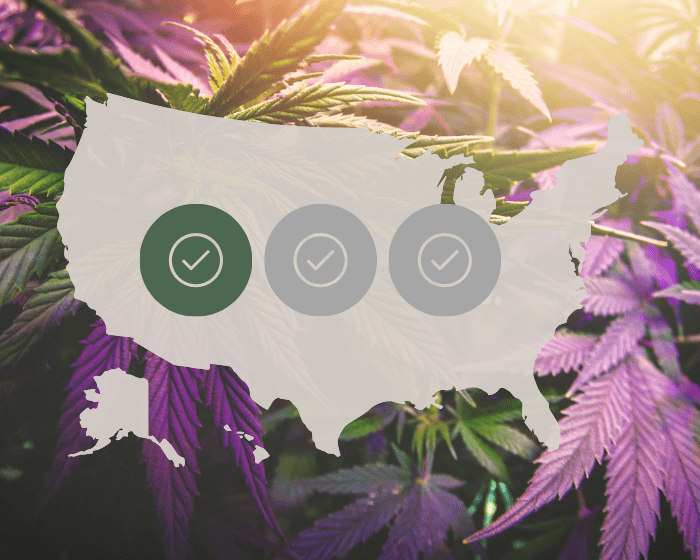Senator says bill will help get safe, cannabis-derived medications into the hands of patients.

The U.S. House of Representatives and Senate have each passed bills in recent weeks to streamline cannabis research.
This brings medical-grade CBD one step closer to reality for people who have been waiting for products vetted by the FDA or prescribed by their doctor.
The Senate passed the Cannabidiol and Marihuana Research Expansion Act on March 24. The House passed a similar measure, The Medical Marijuana Research Act, April 4.
As the titles indicate, the bills are similar but have a noteworthy difference: While the Senate’s bill includes CBD research, the sole focus of the House bill is on THC-rich cannabis.
Senate: Cannabidiol and Marihuana Research Expansion Act
The Cannabidiol and Marihuana Research Expansion Act would:
- streamline the application processors for researchers to grow medical cannabis
- spur the Food and Drug Administration to develop cannabis-derived medicines
- allow doctors to discuss risks and benefits of cannabis without fear of losing their license
- require the Department of Health and Human Services and and National Institutes of Health to submit a report to Congress on the potential harms and benefits of marijuana use
Sponsors: Sen. Dianne Feinstein (D-CA), Chuck Grassley (R-IA), and several bipartisan cosponsors.
Passed: March 24 with unanimous approval.
“Current rules and regulations make it hard for researchers to study how marijuana and marijuana-derived medications can best be used to treat various conditions,” Sen. Feinstein said in a press release. “This important legislation will cut the red tape around the research process, helping get FDA-approved, marijuana-derived medications safely to patients.”
“This important legislation will cut the red tape around the research process, helping get FDA-approved, marijuana-derived medications safely to patients.”
— Sen. Dianne Feinstein
“This bipartisan bill is critical to better understanding the marijuana plant and its potential benefits and side effects,” Grassley said in a statement. “It will empower the FDA to analyze CBD and medical marijuana products in a safe and responsible way so that the American public can decide whether to utilize them in the future based on sound scientific data. Researching marijuana is widely supported by my colleagues on both sides of the aisle, and it’s a smart step forward in addressing this current Schedule I drug.”
House: The Medical Marijuana Research Act
The Medical Marijuana Research Act would:
• establish a registration process for medical research into THC-rich cannabis
• direct the Drug Enforcement Administration to register researchers, manufacturers and distributors
• allow approved researchers to use cannabis from state-legal dispensaries
Sponsors: pro-cannabis-reform Rep. Earl Blumenauer (D-OR) and prohibitionist Rep. Andy Harris (R-MD).
Passed: April 4 with 82 percent approval: 343-75.
The sponsors of this bill have different philosophies on legalization, but agree that researchers need access to high-quality cannabis to draw accurate conclusions.
"Far too much of the mainstream discussion on marijuana, from both sides, is based on anecdotal evidence, not on rigorous and reliable empirical data or studies,” Harris tweeted. “I am very optimistic that we will get this legislation over the finish line so that we can finally cut through the red tape and encourage quality research on the real-world health effects of marijuana, good or bad.”
Blumenauer emphasized the need for research that could keep up with the changing legal uses of cannabis.
“The cannabis laws in this country are broken, including those that deal with the medical research of marijuana,” Blumenauer said, quoted in Marijuana Moment. “America’s growing cannabis industry operates without the benefit of a robust research program. Instead, we are outsourcing research to Israel, the United Kingdom, and Canada to our detriment.
“One example of this policy failure is our inability to effectively test for cannabis impairment,” he continued. “Employees are failing drug tests, not because they are impaired, but because they used recreational or medical cannabis sometime in the last month. This is just one symptom of our shortsighted, illogical, and destructive set of policies.”








































